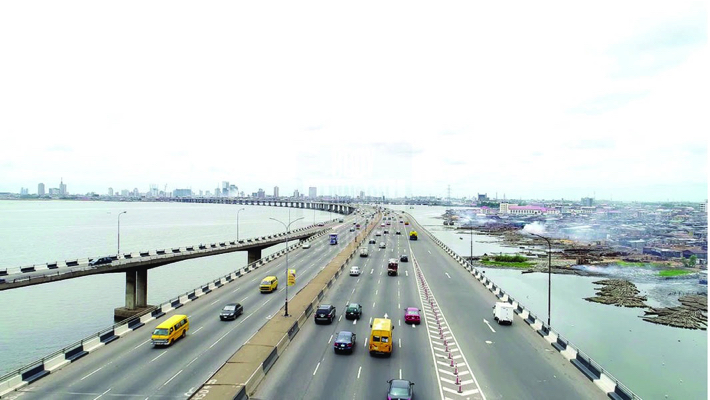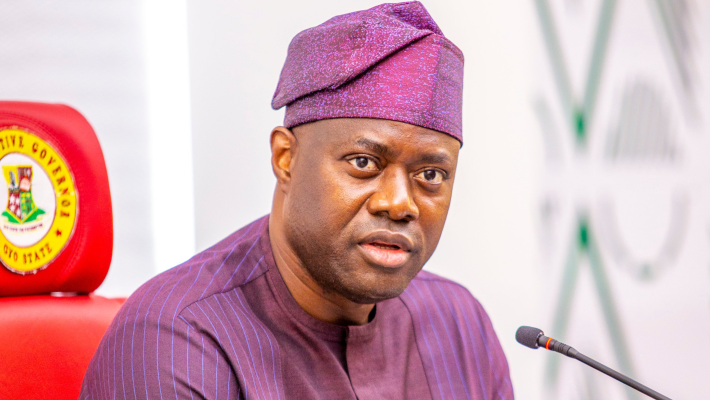Global investment flows reach $852 billion in 2021

After a big drop in 2021 caused by the COVID-19 pandemic, global foreign direct investment reached an estimated $852 billion in the first half of 2021, showing a stronger than expected rebound.
The latest Investment Trends Monitor released Tuesday by the United Nations Conference on Trade and Development (UNCTAD) showed an increase in the first two quarters.
It shows the increase in the first two quarters in FDI, recovered more than 70 per cent of the losses stemming from the COVID-19 crisis in 2020.
For UNCTAD’s director of investment and enterprise, James Zhan, the good news “masks the growing divergence in FDI flows between developed and developing economies, as well as the lag in a broad-based recovery of the greenfield investment in productive capacity.”

Mr Zhan, however, warned that “uncertainties remain abundant.”
The duration of the health crisis, the pace of vaccinations, especially in developing countries, and the speed of implementation of infrastructure stimulus, remain important factors of uncertainty.
Other important risk factors are labour and supply chain bottlenecks, rising energy prices, and inflationary pressures.
Despite these challenges, the global outlook for the full year has improved from earlier projections. The growth in the next few months should be more muted than in the first half of the year, but it should still take FDI flows to beyond pre-pandemic levels.
Developed economies saw the biggest rise between January and June, with FDI reaching an estimated 424 billion dollars, more than three times the exceptionally low level in 2020.

In Europe, several large economies saw sizeable increases, on average remaining only five per cent below pre-pandemic quarterly levels.
Inflows in the United States were up by 90 per cent, driven by a surge in cross-border mergers and acquisitions. FDI flows in developing economies also increased significantly, totalling 427 billion dollars in the first half of the year.
There was a growth acceleration in east and southeast Asia (25 per cent), a recovery to near pre-pandemic levels in Central and South America, and upticks in several other regional economies across Africa and West and Central Asia.
Of the total recovery increase, 75 per cent was recorded in developed economies.
High-income countries more than doubled quarterly FDI inflows from rock bottom 2020 levels, middle-income economies saw a 30 per cent increase, and low-income economies a further nine per cent decline.
Growing investor confidence is most apparent in infrastructure, boosted by favourable long-term financing conditions, recovery stimulus packages and overseas investment programmes.
International project finance deals were up 32 per cent in number and 74 per cent in value terms. Sizeable increases happened in most high-income regions and Asia and South America.

In contrast, UNCTAD says investor confidence in industry and value chains remains shaky. Greenfield investment project announcements continued their downward path, decreasing 13 per cent in number and 11 per cent in value until the end of September.
After suffering double-digit declines across almost all sectors, the recovery in areas relevant to Sustainable Development Goals (SDGs) in developing countries remains fragile.
The combined value of announced greenfield investments and project finance deals rose by 60 per cent, but mostly because of a small number of very large deals in the power sector.
International project finance in renewable energy and utilities continues to be the strongest growth sector.
The investment in projects relevant to the SDGs in the least developed countries continued to decline precipitously.
New greenfield project announcements fell by 51 per cent and infrastructure project finance deals by 47 per cent. Both had already fallen 28 per cent last year.
(NAN)
We have recently deactivated our website's comment provider in favour of other channels of distribution and commentary. We encourage you to join the conversation on our stories via our Facebook, Twitter and other social media pages.
More from Peoples Gazette

Politics
Katsina youths pledge to deliver over 2 million votes to Atiku
“Katsina State is Atiku’s political base because it is his second home.”

Lagos
FG to resume resurfacing of Third Mainland Bridge: Official
She said that the exact dates for the renewed construction would be announced soon.

Agriculture
Gov. Makinde inaugurates cassava mechanisation production, processing plant in Oyo
He called on all stakeholders to support the project, saying its success depends on the collaboration.

Africa
Heavy rains, landslides kill dozens in Tanzania, Kenya
Mr Majaliwa, who disclosed Thursday, added that 236 had also been injured in the flood.
![Fuel queue at NNPC filling station [Credit: ThankGod Sabastine/Peoples Gazette]](https://gazettengr.com/wp-content/uploads/Screenshot_20230320-070535_WhatsAppBusiness.jpg)
States
Fuel price hits N1,000 per litre as scarcity pervades Kaduna
While most fuel stations were not dispensing fuel, others increased their prices to between N750 and N810 per litre as motorists struggled to buy the product.

NationWide
Suleja Prison: Security operatives capture 14 fleeing inmates; over 100 still at large
Suleja prison was damaged on Wednesday night after a heavy downpour, which also breached the perimeter walls, allowing over 119 inmates to escape.

Education
Qatar to sponsor education of 1,000 orphans in Borno
The ambassador of the State of Qatar to Nigeria, Ali-bin Ghanem Al-Hajri, made this known on Thursday in Maiduguri during a courtesy visit to Governor Babagana Zulum of Borno.








